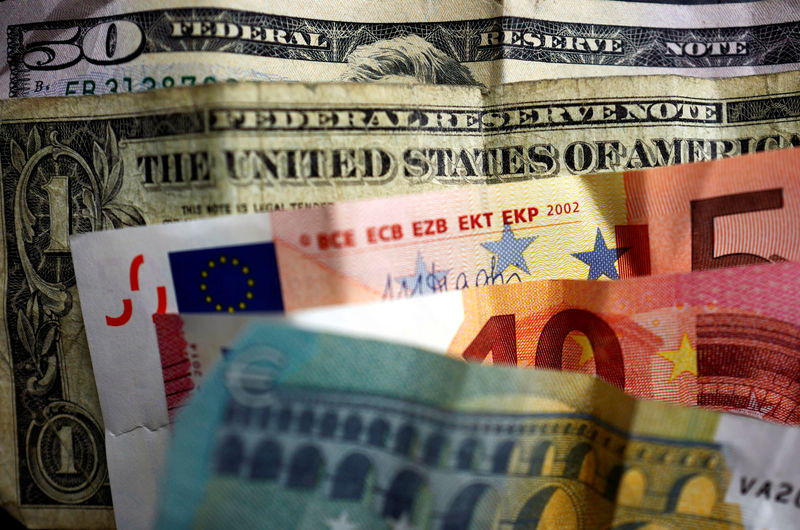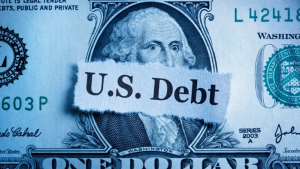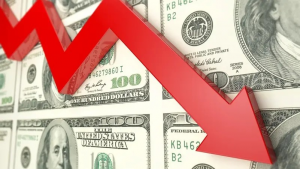The U.S. dollar edged marginally higher Thursday, consolidating after recent volatility, while the euro continued to show softness as the situation in eastern Europe becomes more fraught.
At 05:10 ET (10:10 GMT), the Dollar Index, which tracks the greenback against a basket of six other currencies, traded 0.1% higher at 106.690, adding to the previous session's gains and remaining near last week’s one-year high.
Dollar consolidates near highs The dollar may have slipped slightly Thursday, but remains in demand as relations between Russia and the West remain extremely fraught, as Ukraine used both US and UK missiles to strike deep into Russian territory.
The US currency has also been buoyed by Donald Trump’s victory in the presidential election, with traders digesting policies aimed at big fiscal spending, higher tariffs and tighter immigration, measures that could foster inflation and potentially slow Federal Reserve easing.
“The DXY dollar index is holding gains and it is not hard to see why. US rates are being repriced modestly higher as the market shifts away from pricing a December Fed rate cut,” analysts at ING said, in a note. “Just 8bp of easing is now priced.”
There are jobless claims data later in the session for investors to digest, while several Federal Reserve officials are also set to speak in the coming days.
Euro heads further lower In Europe, EUR/USD traded 0.3% lower to 1.0516, after slipping 0.5% on Wednesday, back toward last week's low of $1.0496, its weakest against the dollar since Oct. 2023.
3rd party Ad. Not an offer or recommendation by Investing.com. See disclosure here or remove ads. “EUR/USD looks to have been buffeted by events in Ukraine this week,” ING noted. “The war is going through a period of escalation as both sides seek to gain ground ahead of potential ceasefire discussions early next year. That the Biden administration is providing more support before year-end warns of a more aggressive Russian response – a development which is weighing on European currencies.”
Also weighing is the weak economic climate in Europe, coupled with the potential for a trade war with the new Trump-led US administration.
"The balance of risks on growth and inflation is ... shifting to the downside, and possible US tariffs are not expected to alter significantly the inflation outlook in Europe," ECB policymaker Francois Villeroy de Galhau said earlier Thursday in a speech in Tokyo.
GBP/USD fell 0.2% to 1.2630, after data released earlier Thursday showed that Britain borrowed more than expected in October.
In October alone, public sector net borrowing stood at £17.4 billion, the Office for National Statistics said, the second-biggest October borrowing total since records began in 1993.
Yen gains on Ueda’s comments USD/JPY fell 0.7% to 154.38, with the Japanese yen receiving a boost after Bank of Japan Governor Kazuo Ueda said the central bank will "seriously" take into account foreign exchange-rate moves in compiling its economic and price forecasts.
He noted that there is still a month to go until the BOJ's next policy meeting in December, adding that there will be more information to digest by then.
USD/CNY dropped 0.1% to 7.2415, but the yuan remained close to near four-month lows, pressured by the potential for trade headwinds from a Trump presidency.













